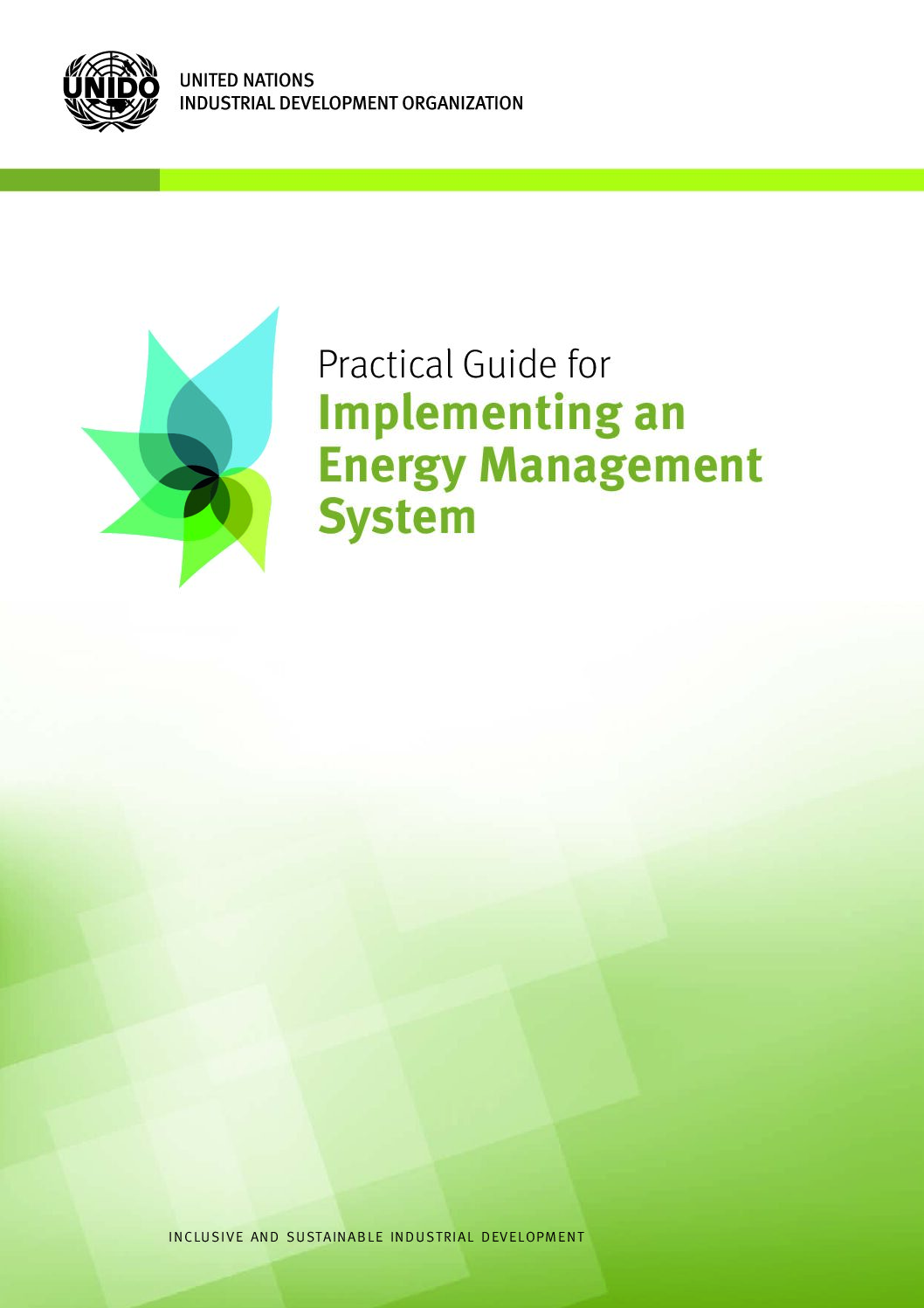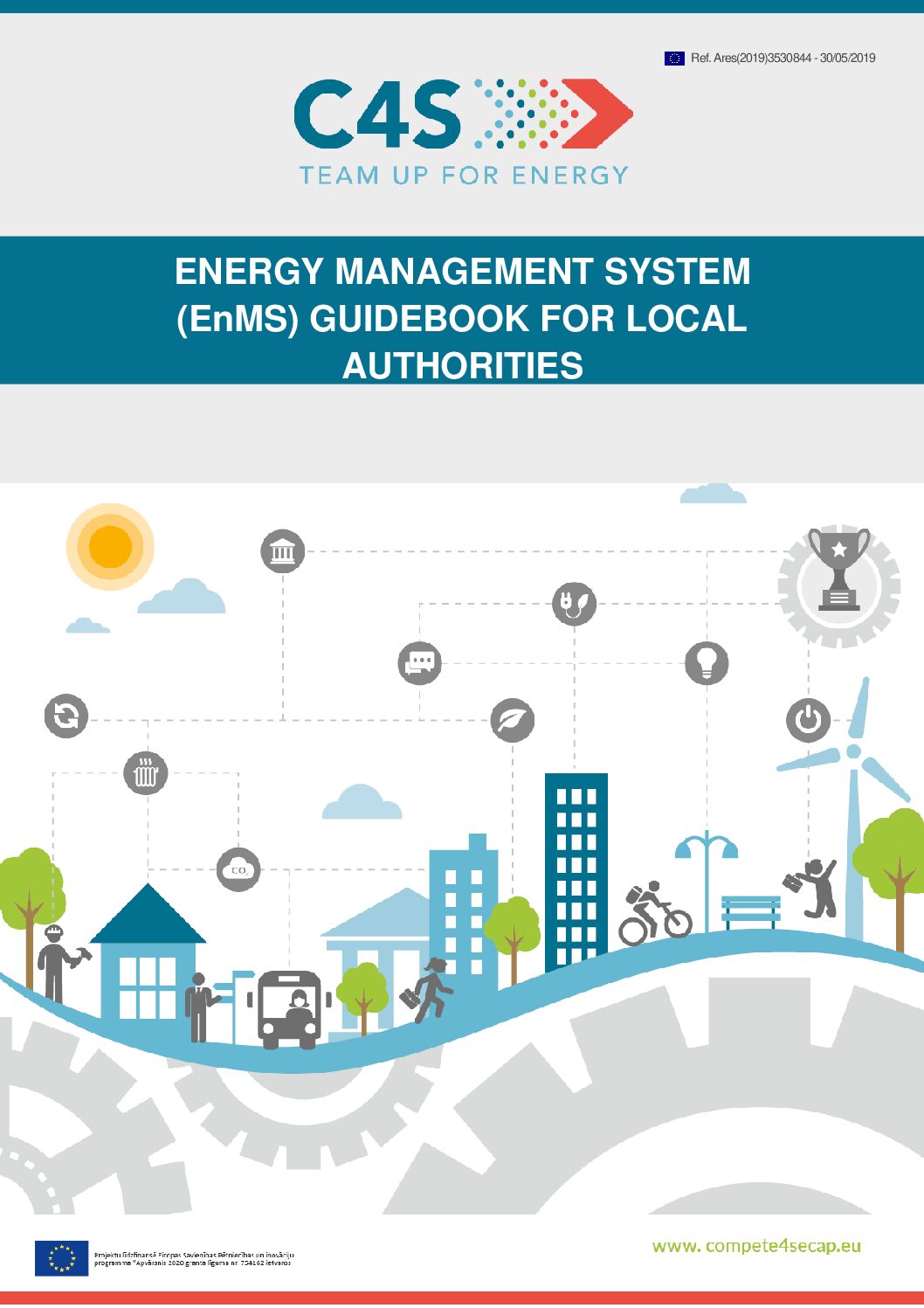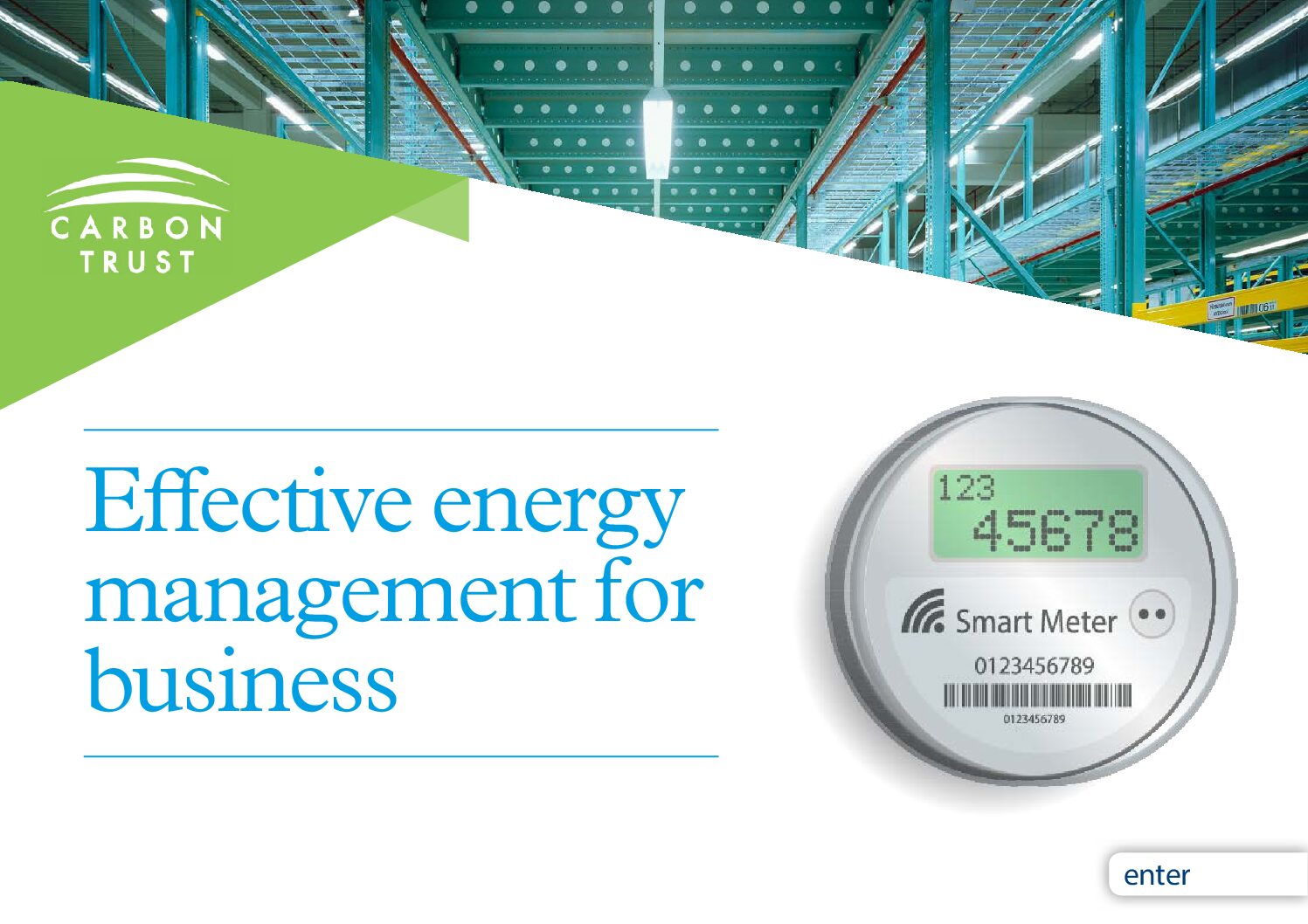This article investigates the following questions: 1) What are the associated factors that affect the consumer’s intention to purchase EVs? (2) What is the impact of sociodemographic variables on the adoption of EVs? (3) What are the main obstacles to and motivators for introducing EVs and the expected recommendations for manufacturers, politicians, governments, and scientists?
This publication provides templates to support any city authority, business, institution or charity that wishes to effect a positive change in mobility behaviour.
The purpose of this Guide is to help organizations of all sizes, and in particular SMEs, to improve their energy performance in a logical, controlled and systematic way, thereby saving energy and reducing costs.
This blog article provides a quick introduction to energy management systems.
The is a guide for local authorities interested in implementing an EnMS and steers them through a step-by-step approach to: know and understand the ISO 50001 methodology; build a working group within the local authority; define the local authority’s energy policy; correctly share roles and responsibilities among local authority staff; motivate and incentivize politicians and […]
This overview of energy mangement for businesses introduces the main energy saving opportunities associated with effective energy management and demonstrates how simple actions can save energy and reduce energy bills.
This study examines the integration of AI into energy management processes in industrial facilities and the advantages it provides.
This article assesses the opportunities provided by digital monitoring, reporting and verification (dMRV), which can facilitate real-time tracking of the use and fuel sales from clean cooking products, thereby increasing the integrity of emissions reduction claims.
This report illustrates the need for digital monitoring, reporting, and verification (D-MRV) systems to underpin future carbon markets. It discusses the available technologies, and barriers to their adoption, as well as guidelines, tools, and lessons learned to promote the use of these systems.
This report provides background information and guidance on the types of behavioural changes needed to advance access to clean cooking, and ways to promote these changes.






